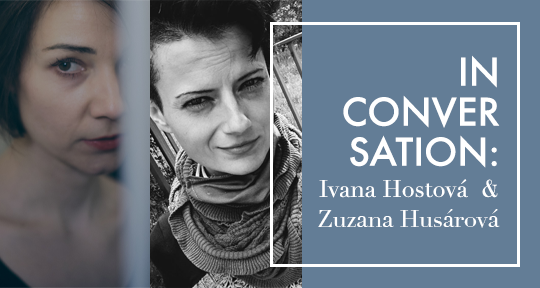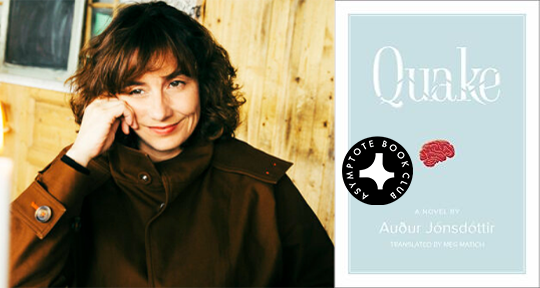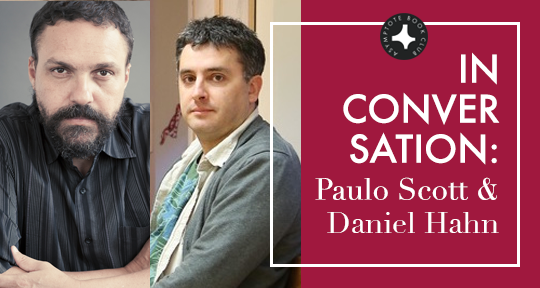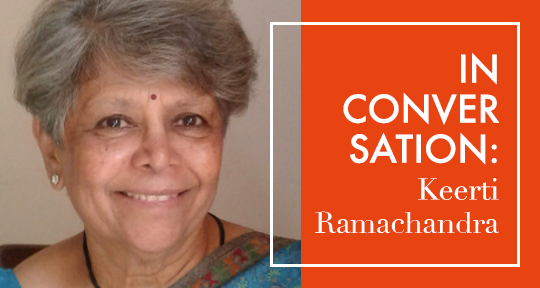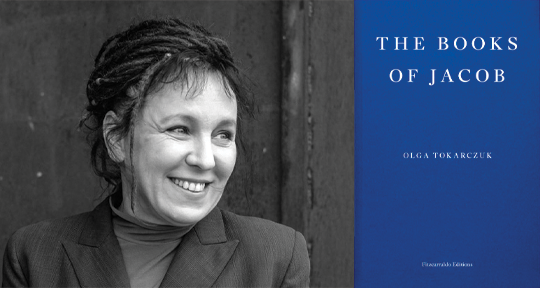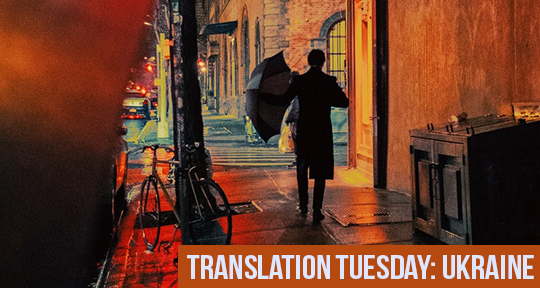This week, our editors bring news of a major literature prize in Sweden, disturbing governmental policies repressing freedom of speech in Bulgaria, and the rebirth of a central bookstore in Gaza. Read on to find out more!
Eva Wissting, Editor-at-Large, reporting from Sweden
The Nordic Council has announced the nominees of its annual Literature Prize, which has awarded a work of fiction in a Nordic language since 1962. The languages include Swedish, Danish, Norwegian, Finnish, Icelandic, Greenlandic, Faroese, and Sámi. The literary works considered may be novels, plays, essays, short stories, or poetry of artistic and literary quality. The purpose of the award is to create interest in the literatures and languages within the cultural community of the Nordic region. This year, eleven nominated writers represent all the countries and languages of the region, and four of the works are novels written in Swedish.
Kerstin Ekman is one of Sweden’s most acclaimed writers, with a long list of publications since her debut in 1959. In 1994, she was awarded the Nordic Council Literature Prize for the novel Blackwater, available in English translation by Joan Tate. This year, she is nominated for The Wolf Run, a novel about a man in his seventies and his relationship to nature as he comes to terms with his life. The other Swedish nominee is Jesper Larsson, for Den dagen den sorgen (literally translated as That Day That Sorrow, or also as “we’ll cross that bridge when we come to it”), about a single father and his relationship to his teenage daughter. Finnish writer Kaj Korkea-aho, nominated for Röda rummet, also writes in Swedish, and so does Ålandic writer Karin Erlandsson, who is nominated for the novel Hem. The winner will be announced on November 1, during the Nordic Council’s Session in Helsinki. Previous winners include the internationally renowned Sofi Oksanen (Dog Park, Purge, When the Doves Disappeared), Jon Fosse (The Other Name, Trilogy, Morning and Evening), and Nobel Prize laureate Tomas Tranströmer.
More financial support to Swedish writers is on the way in the form of a crisis package. Because of the consequences of the pandemic faced by many writers during the past two years, the Swedish Authors’s Fund has received thirty million SEK from the government. The organization has now decided that around 1,500 writers and literary creators who were previously granted scholarships will each receive an additional amount of approximately twenty thousand SEK.



